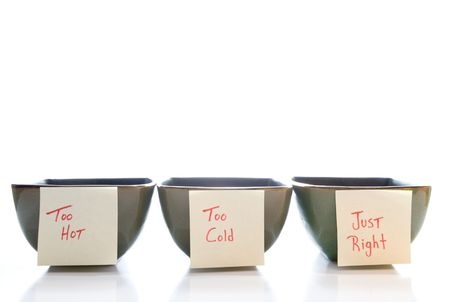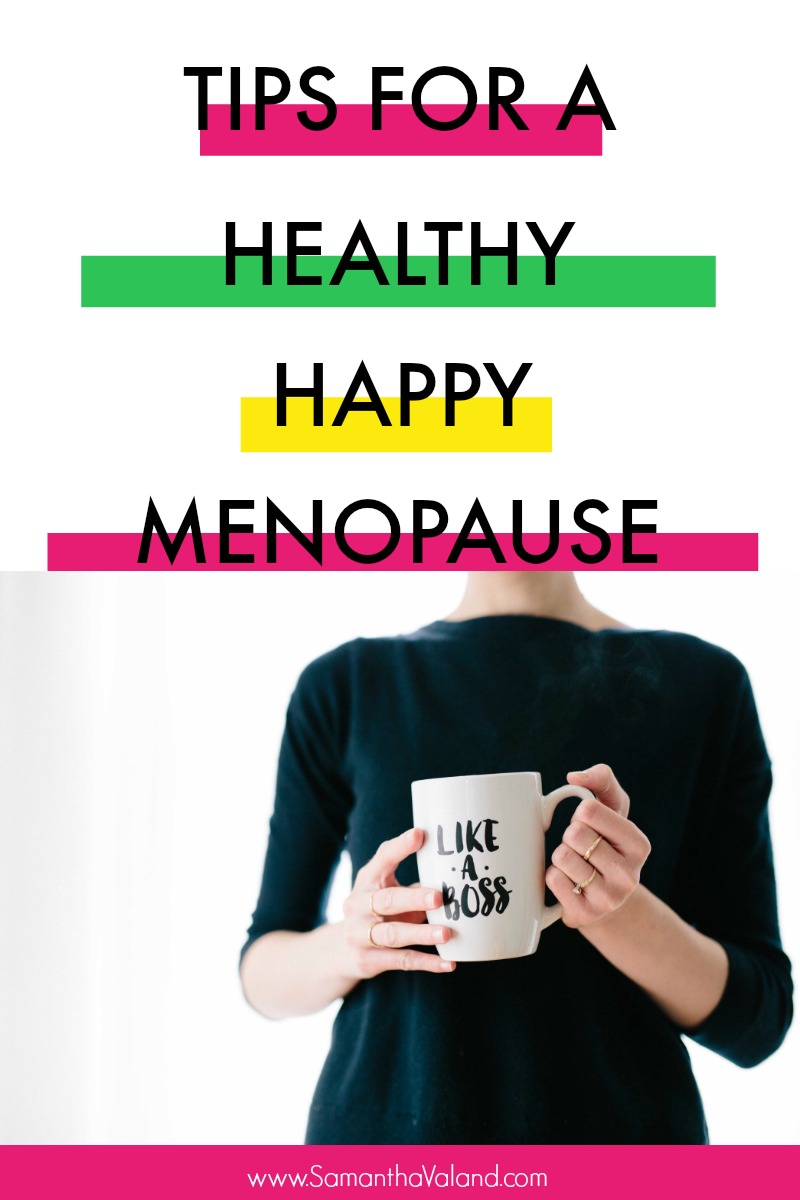Menopause Tips
Why 51 Tips? There are 51 menopause tips as 51 is the average age of the menopause! The menopause happens to every women, we don’t know when exactly, but it’s usually when you are too young and too busy to deal with it!
The menopause is more than hot flushes and night sweats. It can shake up many aspects of your life including how you feel about yourselves and getting older.
It can make you reflective of how and why you do things the way that you do and if that needs to change to help you age with attitude!
If you haven’t looked after yourself well in the past, it comes back to bite you here. Putting self-care firmly on your to-do list. Not just exercise and activity, but how you eat and manage your stress levels.
The below menopause tips are not meant to add to your to-do list but as a means for you to think about what you are putting up with, what menopause symptoms you can influence by your lifestlye and what you can change!

6. If you google menopause you will be told quickly that it is an estrogen deficiency and you should start taking soya supplements. This is a very simplistic view. You can be estrogen deficient and estrogen dominate (in respect to progesterone levels) at the same time so adding extra soya may increase your symptoms not reduce them. Know where you are and speak to your doctor before adding supplements!
7. Sleep is the ultimate in hormone balancing. It is so under used. Often I think to our fast paced society who like to burn the candle at both ends. In bed by 10pm and sleep for 8 hours. Repeat regularly for best results. If you have trouble sleeping, put it to the top of your list of priorities!
8. Exercise and activity can help balance hormones. Sometimes it is restorative exercise we need such as leisurely walking and Hatha Yoga which are beneficial to reducing stress hormones. Other times strength training is required. Raising our testoerone levels can help keep our waist from expanding during the menopause.
9. There are some foods which help the body get rid of excess hormones. Dark green leafy vegetables fall into this category: spinach, kale and broccoli. Eat daily if you can.
10. Today’s lifestyles have introduced a man-made estrogen into our bodies which can also impact hormone balancing. It can be found in plastics. It is important to reduce storing and cooking food in plastics. Chose plastic products which are labelled as BPA free.





Top Takeaways
- This list may look long, but you are probably doing most of these things already!
- Things that you perhaps thought were not important, actually have a big impact when it comes to managing your hormones
- Pick one thing a week to work on, and in a year you will has transformed your healthy life!


